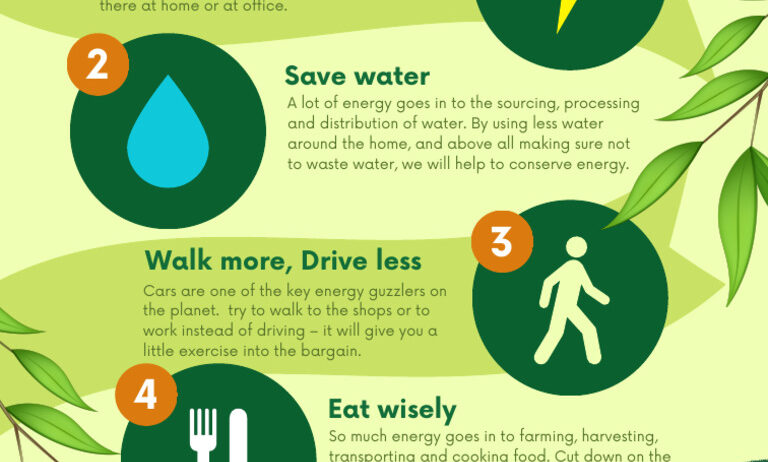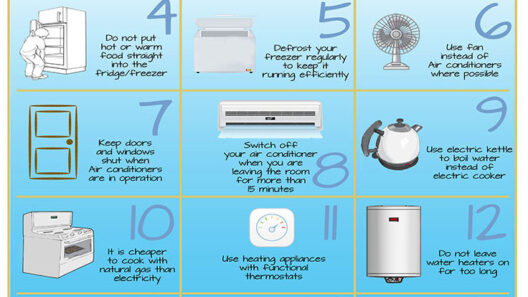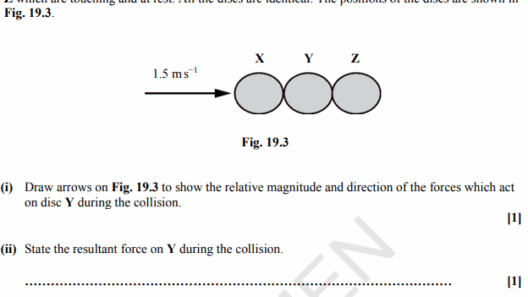Energy conservation is not merely a personal whim or a fleeting trend—it is a necessity for ensuring a sustainable future. The realities of climate change and resource depletion compel us to reevaluate our energy consumption patterns. In this article, we will delve into practical strategies and pragmatic tips that anyone can adopt to conserve energy and promote a more sustainable lifestyle.
Understanding how to effectively conserve energy involves a nuanced understanding of various aspects of daily living. From simple changes in behavior to larger shifts in lifestyle choices, every small adjustment contributes to a more sustainable and environmentally responsible way of living. Below, we outline key areas where energy conservation efforts can be concentrated.
The Importance of Energy-Efficient Appliances
One of the most effective ways to conserve energy is by investing in energy-efficient appliances. These devices, often certified by ENERGY STAR or similar organizations, are designed to use minimal electricity while providing optimal performance. By replacing older, inefficient appliances with newer models, households can significantly reduce their power consumption.
Consider appliances such as refrigerators, washing machines, and dryers. Traditional models can consume two to three times more energy than their energy-efficient counterparts. Although the initial investment may be higher, the long-term savings on energy bills can be substantial. Furthermore, many utility companies offer rebates or incentives to encourage the acquisition of energy-efficient appliances, which can alleviate some of the upfront costs.
Smart Home Technology: A Step Towards Automation
Embracing smart home technology can be a game changer in the quest for energy conservation. Devices such as smart thermostats, smart lighting systems, and energy monitoring tools provide homeowners with the ability to manage energy consumption in real time. These technologies allow for precise control over heating, cooling, and lighting, ensuring that energy is used judiciously and efficiently.
For example, a smart thermostat can learn your schedule and adjust the temperature of your home according to when it is occupied. This means that energy is not wasted heating or cooling an empty home. Similarly, smart lighting systems can be programmed to turn off lights when no one is present, effectively eliminating useless energy expenditure. The integration of these technologies contributes not only to energy savings but also to enhanced convenience.
Empowering Behavior Modification: Everyday Energy Choices
While technological advancements play a critical role, behavioral modifications also hold immense potential for energy conservation. Simple, everyday choices can make a notable difference in a household’s overall energy consumption. By instilling a culture of energy-consciousness, individuals can significantly reduce their carbon footprint.
Start by being mindful of how and when energy is used. For instance, turning off lights when leaving a room or unplugging devices that are not in use can prevent wasted energy. Additionally, consider adjusting your thermostat. In winter, a slight reduction in temperature can lead to remarkable savings. During summer, utilizing fans instead of air conditioning can maintain comfort while using less energy.
Moreover, create a habit of using natural light whenever possible. Opening curtains and blinds during daylight hours can reduce reliance on artificial lighting and enhance the aesthetic appeal of living spaces. Engaging in energy-saving habits collectively within a household can have a compounding effect, ultimately leading to substantial energy conservation.
Embrace Renewable Energy Sources
Transitioning to renewable energy sources is a paradigm shift that extends beyond personal habits. Solar panels, wind turbines, and other forms of renewable energy are becoming increasingly accessible and cost-effective. Installing solar panels can drastically reduce reliance on fossil fuels, promote self-sufficiency, and enable communities to contribute to larger-scale renewable energy initiatives.
Homeowners should assess local regulations and available incentives for renewable energy installations. Many regions offer subsidies or tax breaks that can significantly defray installation costs. Besides monetary incentives, engaging in renewable energy solutions has the noble benefit of reducing one’s ecological footprint and contributing to the global agenda of combating climate change.
Engaging the Community: Collective Action for Greater Impact
Individual energy conservation efforts can yield impressive results, but collective action amplifies the impact. Mobilizing the community to adopt energy-saving practices creates a ripple effect, leading to increased awareness and shared commitment towards sustainable living. Community initiatives, such as neighborhood energy audits or group-buying programs for renewable energy solutions, can foster collaboration and generate enthusiasm for energy conservation.
Participating in local sustainability events and educational workshops can establish a network of like-minded individuals dedicated to energy conservation. By sharing resources and knowledge within a community, engaging in thoughtful dialogue, and setting collective energy reduction goals, individuals can inspire one another to maintain momentum in their sustainable living efforts.
Conclusion: The Path Forward
In conclusion, energy conservation is multifaceted, encompassing a variety of strategies that can be tailored to individual circumstances. By embracing energy-efficient appliances, utilizing smart home technology, modifying behavioral patterns, investing in renewable energy sources, and engaging with the community, we can collectively foster a more sustainable existence. The path forward hinges upon our commitment to change, illustrating that even the smallest alterations to our energy consumption can yield profound and lasting benefits for our planet.







